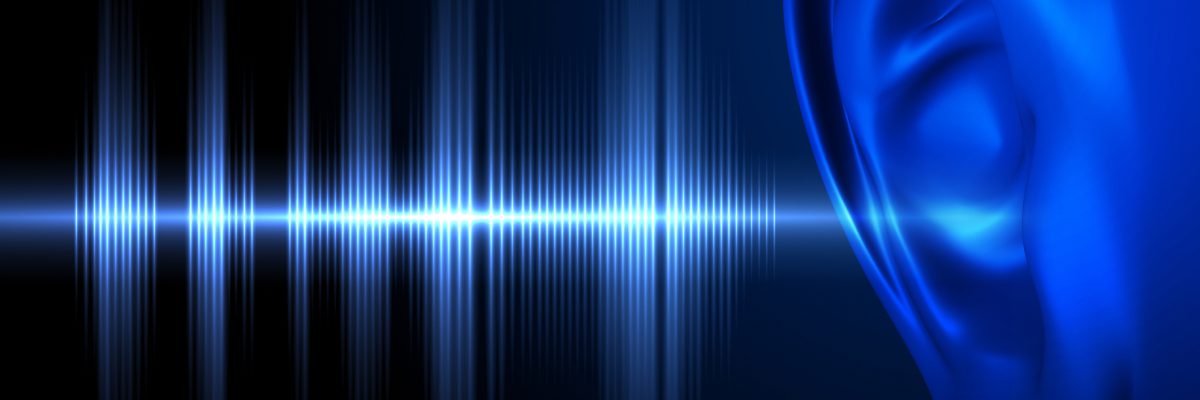
Learn how the human brain influences what our ears register – and what they don’t.
Audio cues can not only help us to recognize objects more quickly but can even alter our visual perception. That is, pair birdsong with a bird and we see a bird—but replace that birdsong with a squirrel’s chatter, and we’re not quite so sure what we’re looking at.

Amy Belfi, an assistant professor at Missouri S&T, discusses her research into the impact that audio and music have on the brain—and looking forward to learning more, getting tenure, and playing the upcoming Nintendo Zelda game.

New research explores the brain’s “prediction machine” capabilities by examining how we experience music.

Earworms can sometimes interject themselves into our dreams, where they can negatively impact our quality of sleep.

A new field of research called cognitive hearing science holds particular significance for people with hearing impairments, whose inner ears don’t capture complete auditory information for the brain to process.
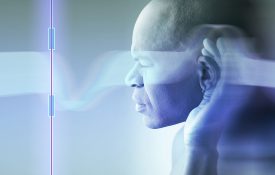
The sight of a blind person snapping her fingers, making clicking sounds with her tongue, or stomping her feet might draw stares on a street or in a subway station, but it’s this type of behavior that is opening up a vibrant new area of research in psychology.
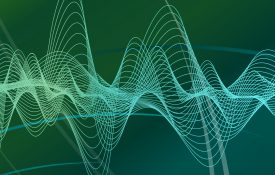
Neuroimaging involving people born deaf shows the pliability in the brain area that processes auditory information.

Eyewitness identification is an important part of criminal investigations, especially in circumstances where physical evidence is lacking.
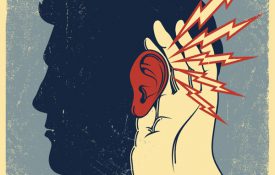
Echolocation may not just help visually-impaired individuals navigate their environment, but may actually have the potential to be a complete sensory replacement for vision.
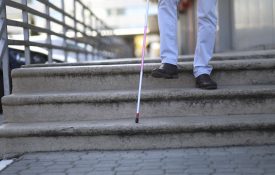
When faced with many different sounds, such as notes in a violin melody, the brain quickly summarizes individual pitches to get an overall gist of what is being heard.
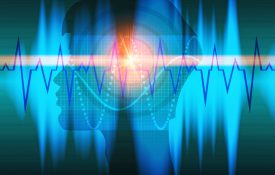
The split-second distinctions made possible by neuroscience challenge common understandings of how we see and hear.

Years of performing as a pianist sparked psychologist Chia-Jung Tsay’s curiosity about perceptions of “natural talent” and other factors that can influence how we evaluate achievements.
